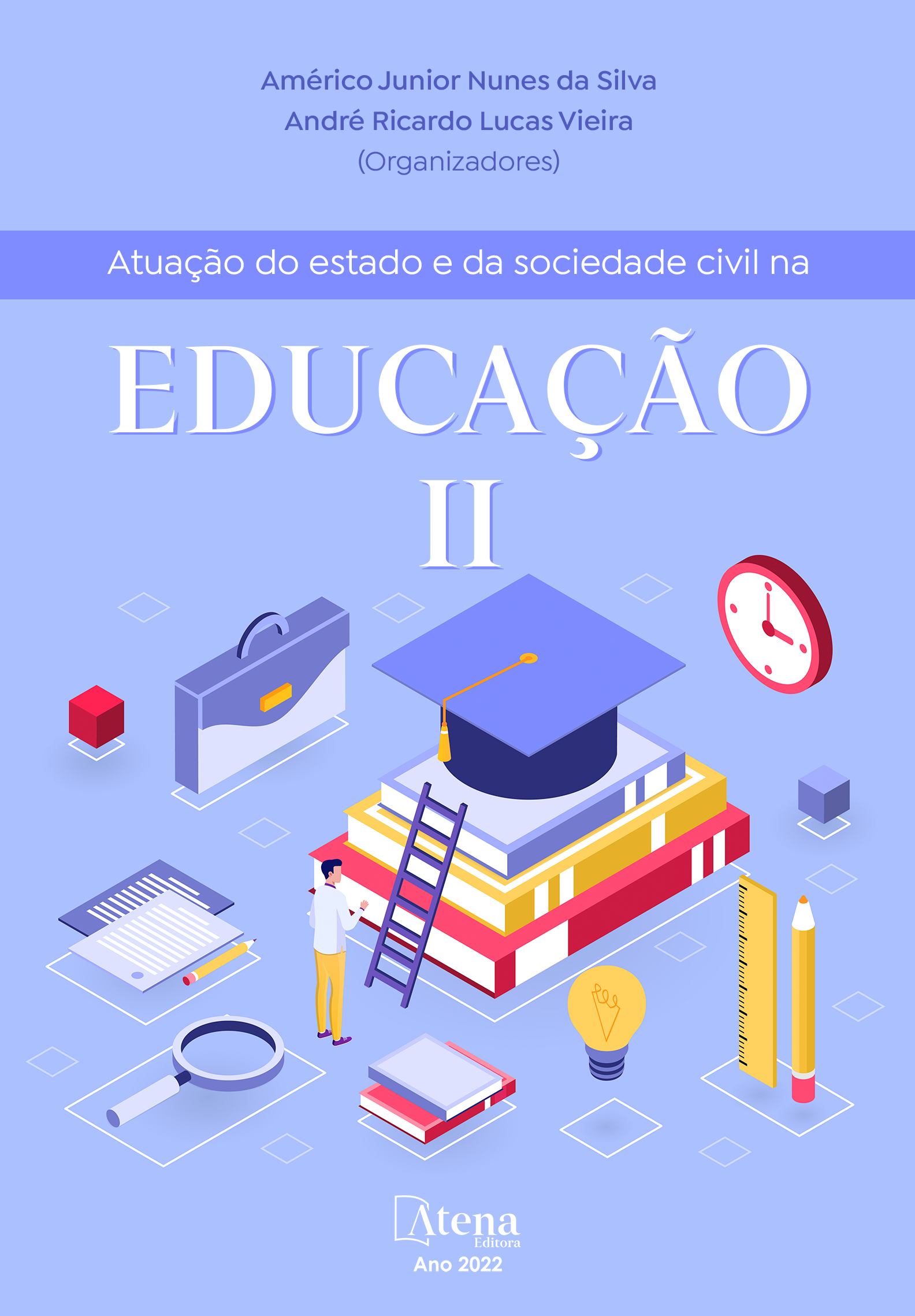
O ENSINO REMOTO EMERGENCIAL (ERE) E O ATENDIMENTO EDUCACIONAL ESPECIALIZADO PARA SURDOS: DESAFIOS DURANTE O CONTEXTO PANDÊMICO
Diante da pandemia de Covid-19 no Brasil, surgiu a necessidade de mudanças para o enfrentamento desse momento de crise. Uma dessas mudanças, foi a substituição das aulas presenciais, pelo Ensino Remoto Emergencial (ERE), oferecido, geralmente, por meio de plataformas virtuais. Desse modo, o presente artigo faz uma análise da utilização de aulas remotas no Atendimento Educacional Especializado/AEE para surdos, por ocasião do distanciamento social imposto frente a pandemia da Covid 19, e suas implicações no processo de ensino dos educandos de uma escola da rede municipal de São Luís/MA. Trata-se de uma pesquisa de abordagem qualitativa, de caracter exploratório, realizada de forma remota, por meio de questionários. Os participantes da pesquisa foram quatro professores que atuam no AEE para surdos e quatro estudantes surdos. Para a análise das respostas, utilizou-se como referencial teórico-metodológico, o materialismo histórico-dialético e definiu-se, como categorias de análise, as seguintes: processo de ensino e aprendizagem de estudantes surdos durante o ensino remoto; e desafios do ensino remoto para o AEE de estudantes surdos. Nossas análises apontam que, apesar das adversidades, os professores precisaram apresentar uma resposta rápida, à situação de crise imposta, bem como tiveram que reorganizar suas estratégias e metodologias de ensino, no intuito de continuarem oferecendo acompanhamento pedagógico especializado aos estudantes surdos incluídos no ensino regular comum.
O ENSINO REMOTO EMERGENCIAL (ERE) E O ATENDIMENTO EDUCACIONAL ESPECIALIZADO PARA SURDOS: DESAFIOS DURANTE O CONTEXTO PANDÊMICO
-
DOI: 10.22533/at.ed.01522090611
-
Palavras-chave: aulas remotas; estudante surdo; atendimento educacional especializado.
-
Keywords: remote classes; deaf student; specialized educational service.
-
Abstract:
In front of the Covid-19 pandemic in Brazil, the need for changes arose to face this moment of crisis. One of these changes was the replacement of face-to-face classes with Emergency Remote Teaching (ERT), offered through virtual platforms. In this way, this article analyzes the use of remote classes in Specialized Educational Service for the deaf, due to the social distance imposed in the face of the Covid 19 pandemic, and its implications for the teaching process of students in a school. of the municipal network of São Luís/MA. This is a research with a qualitative approach, of an exploratory nature, carried out remotely, through questionnaires. The research participants train four teachers who work in the Specialized Educational Service for the deaf and four deaf students. For the analysis of the answers, the historical-dialectical materialism was used as a theoretical-methodological reference and the following categories of analysis were defined: teaching and learning process of deaf students during remote teaching; and challenges of remote teaching for the AEE of deaf students. Our analyzes indicate that, despite the adversities, the teachers needed to present a quick response to the imposed crisis situation, as well as they had to reorganize their teaching strategies and methodologies, in order to continue offering specialized pedagogical support to deaf students included in regular education.
-
Número de páginas: 14
- Disraely da Silva Machado Fernandes
- Louriane Lindoso Moraes
- Natalia Moreira de Carvalho Campos
- Kaciana Nascimento da Silveira Rosa


